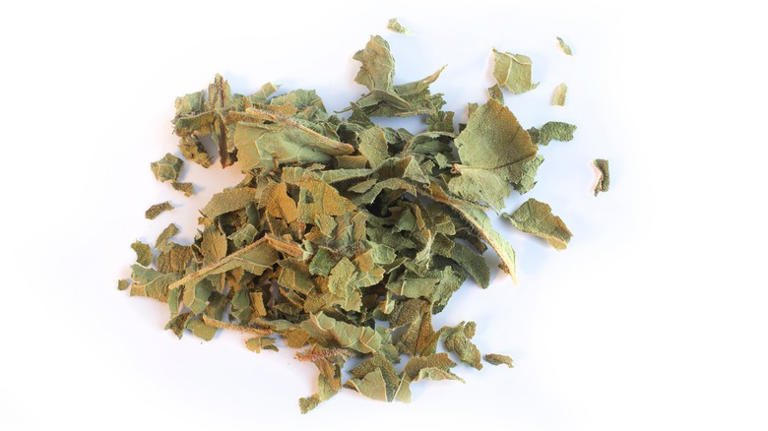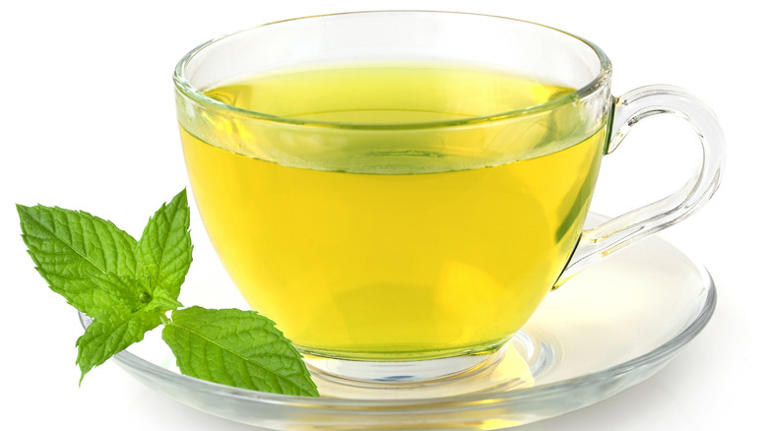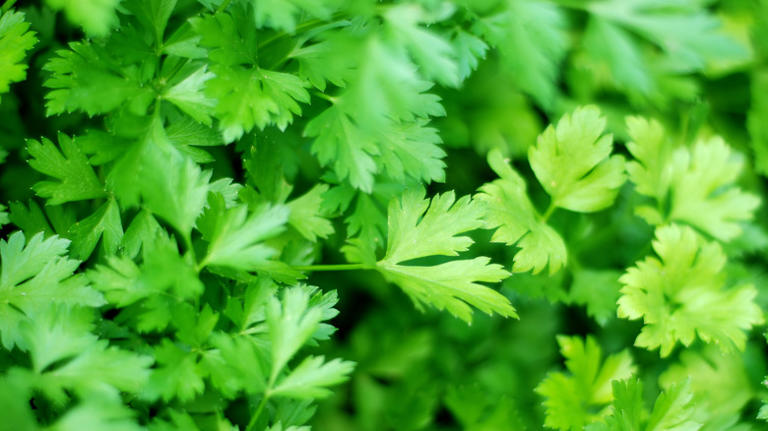Tea Caution: Navigating the Brew for a Healthy Sip
In the world of teas, where delightful flavors and soothing qualities abound, it’s essential to be mindful of the choices we make. While teas like green tea shine as beacons of health, some varieties demand caution. This guide explores 12 teas that, despite their allure, might pose risks to your well-being. By understanding the potential pitfalls associated with certain teas, you can make informed choices and continue to enjoy the comforting ritual of tea without compromising your health.
-
Teas With High Sugar Content: Unmasking Hidden Health Threats

woman looking at bottled tea © Solstock/Getty Images
Tea is often considered a healthy choice, but commercially brewed and bottled teas can hide shockingly high levels of added sugar. Brands like Brisk and AriZona Tea may offer affordability, but the cost comes with a health risk. High sugar intake can lead to obesity, Type 2 diabetes, heart disease, and dental problems. To safeguard your health, it’s crucial to be aware of the sugar content in commercially sold teas and make choices that align with your health goals.
-
Instant Teas: Convenience at a Cost

Instant tea sachets © Anton Starikov/Shutterstock
Instant teas promise quick and convenient preparation, but beneath the surface lies potential health concerns. Artificial sweeteners, food dyes, and high sugar content in products like Crystal Light Sweet Tea Drink Mix can lead to issues such as weight gain and digestive problems. Exploring traditional brewing methods offers a healthier and safer way to enjoy your favorite tea without compromising on taste.
-
Comfrey Tea: Navigating Historical Healing and Modern Caution

Comfrey tea leaves © Cloud Cap Photography/Shutterstock
Comfrey tea, with its rich historical background as a traditional remedy, hides a modern concern – pyrrolizidine alkaloids. Despite its historical use for healing, excessive consumption of comfrey tea can be toxic to the liver, leading to severe health problems. Understanding this inherent risk is crucial, highlighting the evolution of our understanding of plant-based remedies and the importance of prioritizing safety in today’s context.
-
Kava Kava: Celebrating Tradition with Caution

Dried and powdered kava kava © Mysteryshot/Getty Images
Kava kava, integral to South Pacific ceremonies, comes with a shadow of caution in contemporary times. Excessive consumption can pose a significant threat to liver health. Legal restrictions, health concerns, and varying regulations emphasize the need for caution when approaching kava kava. Respecting your liver health and staying informed are essential steps in safely enjoying this traditional tea.
-
Licorice Tea: Balancing Sweetness and Health

Licorice root aside licorice tea © Luis Echeverri Urrea/Shutterstock
Licorice tea, known for its unique sweetness, can raise blood pressure and cause hypokalemia if consumed excessively. While it offers potential health benefits, moderation is key, especially for individuals with existing health conditions. Understanding glycyrrhizin intake limits and seeking medical advice is crucial for a flavorful yet health-conscious tea experience.
-
Peppermint Tea: Refreshing Moderation

Peppermint tea in a mug © Barcin/Getty Images
Peppermint tea, cherished for its refreshing flavor, can become problematic in excessive quantities. Overconsumption may lead to heartburn, indigestion, and headaches due to menthol’s effects. Savoring peppermint tea in moderation allows you to enjoy its delightful taste and healthful properties without risking discomfort or adverse effects.
-
Lemon Tea: Unveiling Hidden Health Concerns

Fresh lemons © Hdagli/Getty Images
While lemon tea is embraced for its citrusy flavor, it can hide elevated levels of lead, fluoride, and acidity. Regular consumption may pose health risks, particularly for children and pregnant women. Practicing moderation and maintaining proper oral care is essential to minimize the associated risks and enjoy lemon tea without compromising health.
-
Detox Teas: Separating Hype from Health

tea being poured into mug © Millionsjoker/Getty Images
Detox teas often make bold claims, but their potential to contain harmful laxatives poses health risks. Dehydration, electrolyte imbalances, and digestive issues are common consequences of regular detox tea use. Prioritizing a balanced diet, hydration, and a healthy lifestyle over unproven teas is crucial for long-term well-being.
-
Black Tea: Examining Tradition and Modern Awareness

Black tea leaves on spoon © Maakenzi/Getty Images
While black tea boasts a rich tradition, its tendency to contain heavy metals demands scrutiny. Environmental factors contribute to contamination, posing potential health risks such as cognitive function impact and kidney harm. Collaborative efforts among consumers, manufacturers, and regulatory authorities are crucial to ensure black tea is free from harmful contaminants.
-
Parsley Tea: A Pregnancy Precaution

Fresh parsley © Ilbusca/Getty Images
Parsley tea, though a common herbal infusion, carries risks during pregnancy. Compounds like apiol and myristicin can stimulate uterine contractions, increasing the risk of miscarriage. Pregnant women should exercise caution with herbal teas, consulting healthcare professionals for guidance on safe consumption during this crucial period.
-
Sage Tea: Balancing Flavor and Caution

Sage tea with sage leaves © Amberto4ka/Shutterstock
Sage tea shares similarities with parsley tea in uterine-stimulating compounds. Excessive consumption during pregnancy can elevate the risk of miscarriage. Additionally, thujone in sage tea can impact the central nervous system, potentially raising blood pressure. Moderation and consultation with healthcare professionals are vital for expectant and nursing mothers.
-
Chamomile Tea: Calming with Caution

Chamomile buds © Lakshan LG/Shutterstock
Chamomile tea, celebrated for its soothing qualities, interacts with blood thinners, potentially leading to internal bleeding. Understanding this interaction is crucial for individuals taking anticoagulant medications. While chamomile tea can induce relaxation, moderation is key to prevent excessive drowsiness and adverse effects.
In the world of tea, knowledge is your ally. By being aware of the potential risks associated with certain varieties, you can continue to enjoy the comforting ritual of tea while safeguarding your health. Whether exploring traditional brewing methods or seeking guidance from healthcare professionals, making informed choices ensures that your tea experience is not just flavorful but also promotes well-being.




